Out of all the genres movie studios choose to blow out their coffers, the films most big name directors yearn to make at least once in their career is the historical “sword and sandal” epic. This is usually defined as a period before modern times – say before the first industrial revolution – that usually involves our protagonists wielding swords or similarly pointy sticks before gunpowder stole the show. For years Hollywood blockbusters have been the place to go for directors and producers to tell their stories. However, the film industry has been changing over the past decade that may eventually sideline Hollywood’s influence.
This series of articles will discuss the rise of the modern epic, its slow decline, its evolution into television, and possible resurgence thanks to online streaming.
We’re going to analyze the crap out of the historical drama genre and see how its centerpieces stand up to today’s standards. I’m not going to be discussing films like Saving Private Ryan or 1917, as I feel they are too modern to fall into this category. Instead, I refer to these works as “war films” that tackle more modern conflicts.
Part 1: Rise – From Cleopatra to Gladiator.
Ever since cinema was created films have always tried to tackle a certain time period, they were however often romanticized with only the basic events being depicted. Very few of them depict actual historical events and instead focus on a character from legend. Examples include 1963’s Cleopatra, Ben Hur, and The 10 Commandments, some try to tell biblical tales while others try to emulate Shakespearean productions such as Julius Caesar and Henry V. In many ways these early films were basically plays onscreen, complete with their own intermissions to accommodate their 3h+ length.
However, after Hollywood’s golden age slipped such expensive productions were becoming nonexistent. However, as filming techniques and technology change so does the Genre. Eventually, new talent and film-making techniques would give these epics a new lease on life.
Braveheart
In many ways, the movie that kicked off the “historical epic” in the modern consciousness was 1995’s Braveheart. These films have several key elements. A strong Hero with a perfect moral compass, an evil establishment in the form of a tyrannical king. Often these struggles consist of either for justice, vengeance, or that character is the true heir to some throne. Such tales have been told many often lend themselves well to epics, especially with audiences looking for simple escapism, a far cry from many movies today.
Gladiator
Braveheart restarted the trend of historical epics in our lifetimes, but it was Ridley Scott’s Gladiator that truly reinvigorated the genre to mainstream audiences. It’s hard not to compare these two films, as they practically have the same story: A simple man seeking a quiet life only to be fueled by vengeance for the death of his wife/family. The difference is Gladiator is driven to avenge his family while the Wallace is driven to fight for freedom of his country.
Compared to Braveheart, Gladiator is a much more heavily fictional story given its history as Maximus was a completely fictional character. His story does however carry similar themes, though there’s a lot more of the revenge/justice angle than his personal freedom in particular. It’s more of a Moses story – a man who was the best leader there ever was then betrayed to the lowest level of society and has to crawl his way back. Much like Braveheart, audiences back then were hungry for simpler stories. They were not interested in giving a history class, they were interested in telling grand stories that happen to be set in that period.
Despite their overall plot being fictional there was some truth to some of these characters in terms of personality. For example, Emperor Commodus wasn’t killed in an arena by a vengeful gladiator, he was strangled in his bathtub.
However, inaccurate as his death was, Ridley Scott did depict some level of truth to Emperor Commodus. For instance, Commodus was known to have been a massive enthusiast of the games, so much so he wanted to participate in the games themselves. Just like what we saw in the climax, he often fought a handicapped opponent armed with a dull blade, a move very unpopular with Roman spectators.
The same can be said for Braveheart‘s main antagonist, Edward Longshanks. In many ways this was perfect casting as Patrick McGoohan stood taller then most of the actors in the room for every scene he’s in. In fact, the name “Longshanks” was quite literal – given because of his extra-long leggings. He was also a very shrewd and ruthless and accomplished warrior long before Wallace’s rebellion. Even in his 70’s, Longshanks commanded fear and respect to those around him as one account said that he scared the bishop to death because of his gaze alone. We honestly wouldn’t get such a performance again until Tywin Lannister in Game of Thrones.
Inaccuracies
These films are also quite notorious among academics because of their historical inaccuracies, mainly in terms of events that played out. In many ways Braveheart was a product of its times. Like earlier such films, Its objective was not to make an accurate portrayal of history, but to romanticize the legend of William Wallace. It’s considered by many to be among the most inaccurate films ever made.
For one, Scotland wasn’t occupied for 20 years before Wallace led his rebellion. Wallace most definitely did not have an affair with Princess Isabella. In fact, there’s no evidence that Wallace had a wife at all. but the most egregious was that the Battle of Stirling Bridge was fought over – you could guess – a bridge!
Acclaim
Despite the inaccuracies that hardcore historians (like yours truly) love to point out, both films won mass praise with audiences and critics. Both films won the Oscars for best picture and spawned a number of memorable quotes such as “are you not entertained?!?!” and “They may take our lives, but they’ll never take our FReEEEeeEDOoooMMmM.” Films with these lines that stuck with you over 20 years later is doing something right.
Another element that defined these movies was their soundtrack. Braveheart knew to add Scottish bagpipe music to it’s wide shots (of not-Scotland) and romantic scenes as their music adds much more emotion with what’s on screen. Though it does suffer from repetition at times.
Gladiator’s soundtrack is much more subtle with how it implements orchestra. Each soundtrack is made for a specific moment for a character. You hear Maximus’s theme when he leads his army in the beginning and again when survived the big gladiator fight in the Colosseum. Heroic tracks meant to reflect Maximus at his prime leading men. However, it’s the composition around Commodus that gets under your skin given period accurate flute sounds especially in scenes where he’s Scheming and lusting for his own sister Lucilla.
A Problem With Fridges
There are however, some modern-day problems that both Gladiator and Braveheart and a good deal of other such films fall victim to and that’s the treatment of their Female characters. Specifically, a certain cliché known as “fridge-ing”. This term was first used in a Green Lantern comic where his girlfriend gets killed by one of his enemies and her remains are stuffed in a refrigerator for Lantern to see. Many see this cliché as reducing female characters to plot devices to motivate the male hero.
This has become a cliché that has garnered criticism in recent years, me included, believing that this trope sidelines Female characters. Instead of making women into fleshed out figures we connect with, they just become plot devices to further the story of the male characters. This has become so pervasive in male hero centric stories that they mock it in Deadpool 2.
Braveheart is most guilty of this trope. William Wallace married Marion (who by the way only shared 2 moments together in his life), then when the bad guys come and kill her off, we get the “I will avenge you” cliché. In many ways Marion was not so much a character but a plot device. We don’t really know anything about her except for falling for older guys she just met and just dying.
Gladiator does the same thing except we barely even see his family. They never give us any indication what his family life was aside from that they live on a farm and that’s it. The only time he ever interacts with them is their charred remains. At least Wallace and his girl had a horseback ride together.
If you’ve been cast as the wife…
You’re not gonna last long in these films…
For me, one of the most important things in a movie is to establish your character and leave a strong enough impact. Show our hero’s family life first to know what their dynamic or personality is like. That way its more impactful if she or they are killed so we feel the way our protagonist feels. I understand that in these kinds of movies the Wife isn’t always the most complex or interesting character to write. However, that should stop films from depicting them as real people and not plot devices. Wives don’t have to be just in the kitchen, have babies, and die you know.
The “Fridge Bang”
Killing the wife is one thing that’s become clichéd, replacing her with another love interest however is also a factor that happens too much. This is an extension of the Fringing trope I call the Fridge Bang, basically the wife is killed just to get out of the way for the character to have another character to bang.
In my opinion Braveheart is most guilty of this trope halfway through the movie another female character is roped in Princess Isabella and again after barely 2 scenes, she and Wallace start banging. This is another cliché that I dislike because they are so predictable and make it so obvious that the wife was killed off just for the main character available for another girl, almost like the first one never mattered. In fairness to Braveheart, they do establish Isabella early on showing what being married to a sexually inept prince and having a ruthless father-in-law is like. That way her attraction to someone like Wallace the audience can understand. The bigger problem however with that subplot was that it was completely pointless as she held virtually no relevance to the plot. You can edit her out and nothing would be lost. It also in some ways gives a false impression that men are always available when the wife is out of the picture.
Gladiator does have some of that as well but handled somewhat better with the Lucilla character. The movie makes it clear that they’ve known each other for a long time like there family friends. There was a familial attachment you can believe. They only share a brief kiss that’s based on mutual understanding and just leave it at that. Maximus will never move on from his family but understand Lucilla knows it. Basically, Gladiator subverts that extra trope that is so annoyingly prevalent in Braveheart and those other films do way too often. Plus, Lucilla is a much better character to do this trope with than Isabella.
Conclusion
Over 20 years later people still talk about holding these two movies as classics. Even though historians have long deemed them Hollywood fiction, they struck a certain core with the audience. Given the time when they were realized before our media landscape got so political and divisive it was nice to see a simple good versus evil story set in a period back in time. It is because of these movies that revitalized Hollywood’s interest in historical movies, spawning a sub-genre that will emerge in the new decade.


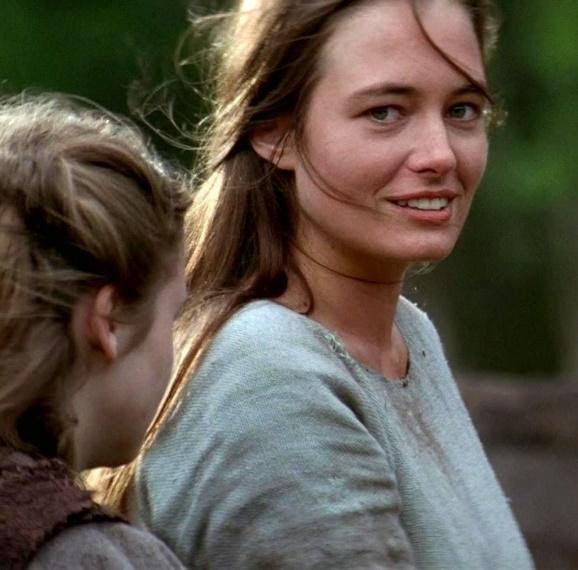

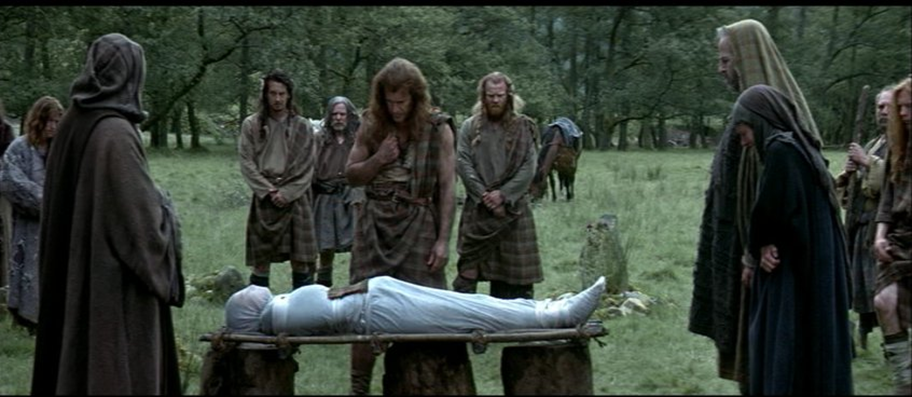
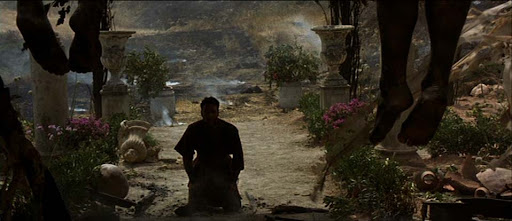
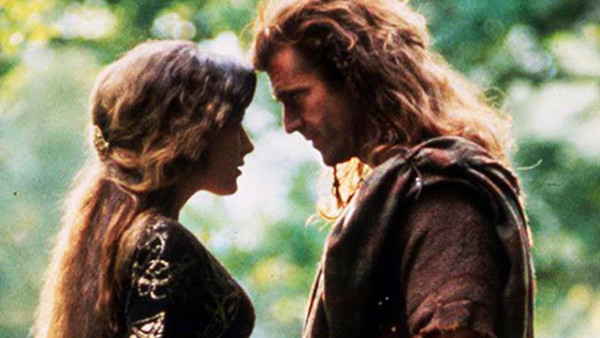
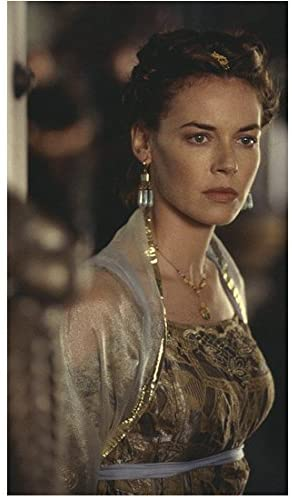
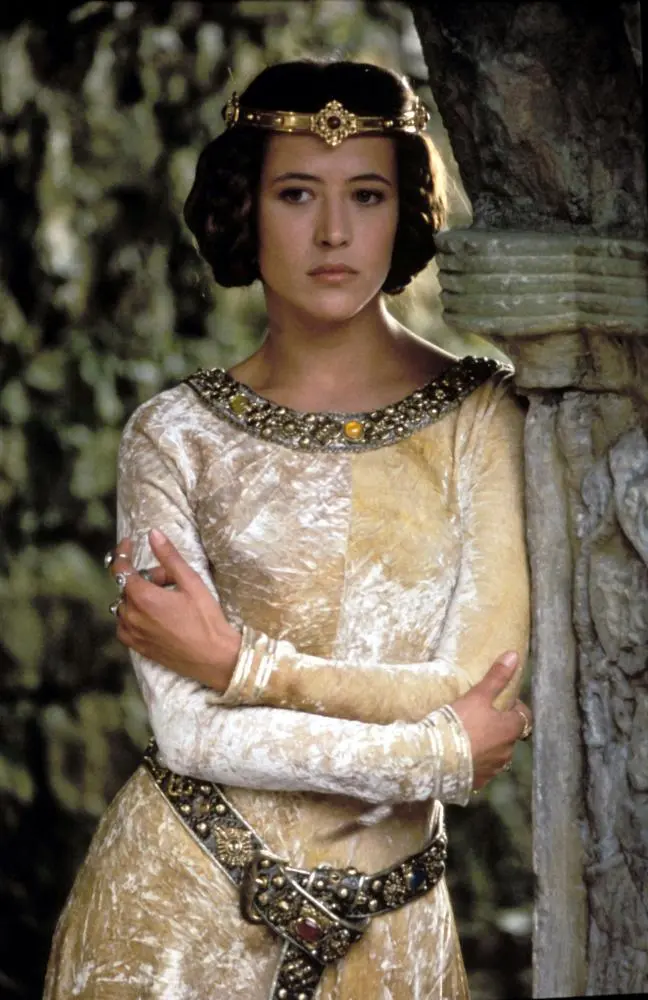



4 thoughts on “A History of the Historical Epic”
Comments are closed.